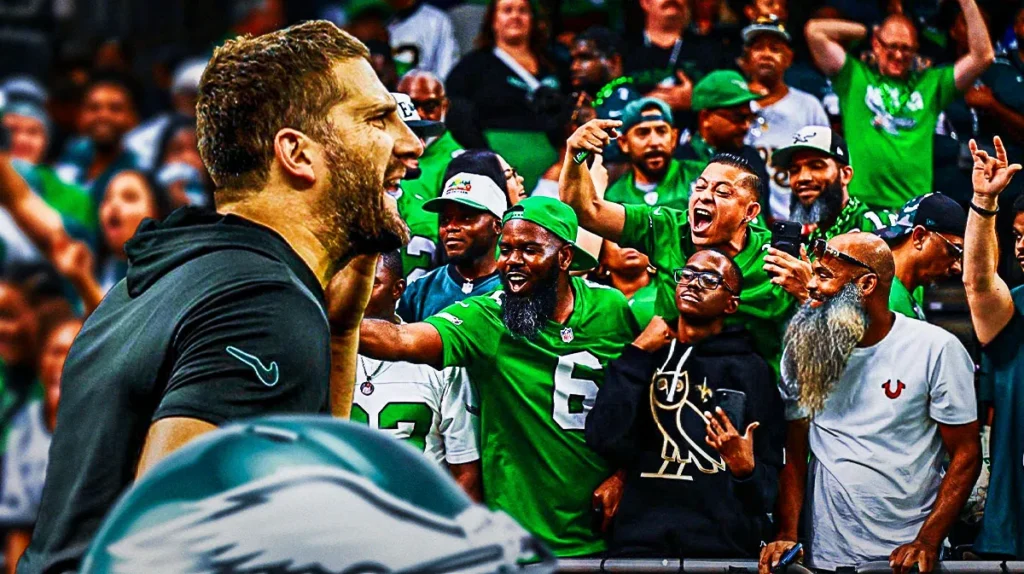
In honor of Ben Simmons’ upcoming $40 million cap hit for the Brooklyn Nets and to distract myself from the Sixers’ annual playoff meltdown, I’ve decided to revisit one of my favorite r/nba posts, the Noah-Trade Clause:
Named after former New York Knicks superstar Joakim Noah, these are contracts so bad that the team that signed them has no way of trading them, at least without including tons of valuable assets with the contact. Though no organization would sign a player to a contract this bad intentionally, that’s simply how it works out sometimes, and when you have tens of millions of dollars invested in a player who is clearly not worth tens of millions of dollars, most teams are left with a difficult choice:
- Continue playing this very expensive guy more minutes than he should probably be getting in the hope that eventually he rehabs his value enough to become tradable again or make you look like less of a idiot for signing him to that contract in the first place
- Give up, reduce the player’s minutes or stop playing him entirely, and desperately shop him around until you inevitably buy out this player’s contract in the final year of his awful, awful deal
The art of contract negotiation in the NBA, and really in all sports leagues, is a delicate one that involves many people paid more than they’re really worth helping other people get paid more than they’re really worth. It’s known to most pro athletes that once you enter a major sports league, if you keep your head on straight and don’t do anything stupid like help degenerate gambling addicts make money on you (RIP Jontay Porter), you’ll make a little less than what you’re worth for a couple of years, maybe a lot less during your time on your rookie contract, but then you’ll be eligible for a second contract that will often be massive and just as often worth more than what you actually bring in viewership and ticket sales.
That’s a tradeoff these leagues are willing to make, because it encourages these young players to continue getting better to earn those second contracts and allows the teams that draft them to maintain their cap flexibility as they continue to improve their rosters. Sometimes these second contracts turn out even worse than the team expected, as the player not just stagnates, but his play drops off enough to make him a liability to the team. In some cases, that isn’t the second contract but the third or fourth contract, signed when players often start to decline physically but are still able to demand much more than they’re worth due to still-solid play and fear from organizations that they’ll leave without netting anything in return.
While I believe Ben Simmons had a Noah-Trade Clause on his contract the last two seasons, his contract will be a lot more movable next season, as it will be the final year of his deal. That’s great news for you if you’re a Nets fan, and probably the only great news regarding your team. I also believe Klay Thompson had a Noah-Trade Clause on his contract the last few years, and probably the moment it was signed, but the Warriors decided not to move it in the final year of his deal for…loyalty? I dunno. After a breakout year from Jordan Poole, the Warriors signed him to a huge, $140 million contract extension, and the year after, they realized they would have multiple players with Noah-Trade Clauses on their roster, so they sent him to the Wizards before the world could realize just how bad Poole’s contract really is. I didn’t believe his contract had a Noah-Trade Clause when it was first announced, but I absolutely believe it has one now. Good luck, Washington.
Finally, Zach Lavine, playing for the team that made Joakim Noah seem good enough for the original Noah-Trade Clause, has one on his contract, which is worth $137 million over the next three years.
“Oh, but LaVine is actually good,” you might say.
“He was in all these trade rumors,” you might also say.
My responses are that no, he isn’t, and that most of those trade rumors probably came from Chicago. The Bulls know there’s no getting out of this one, even though I’m certain they want to, and LaVine will remain with the team for at least another year, after which Chicago might have an easier time flipping him for something of value, but I won’t be holding my breath.






